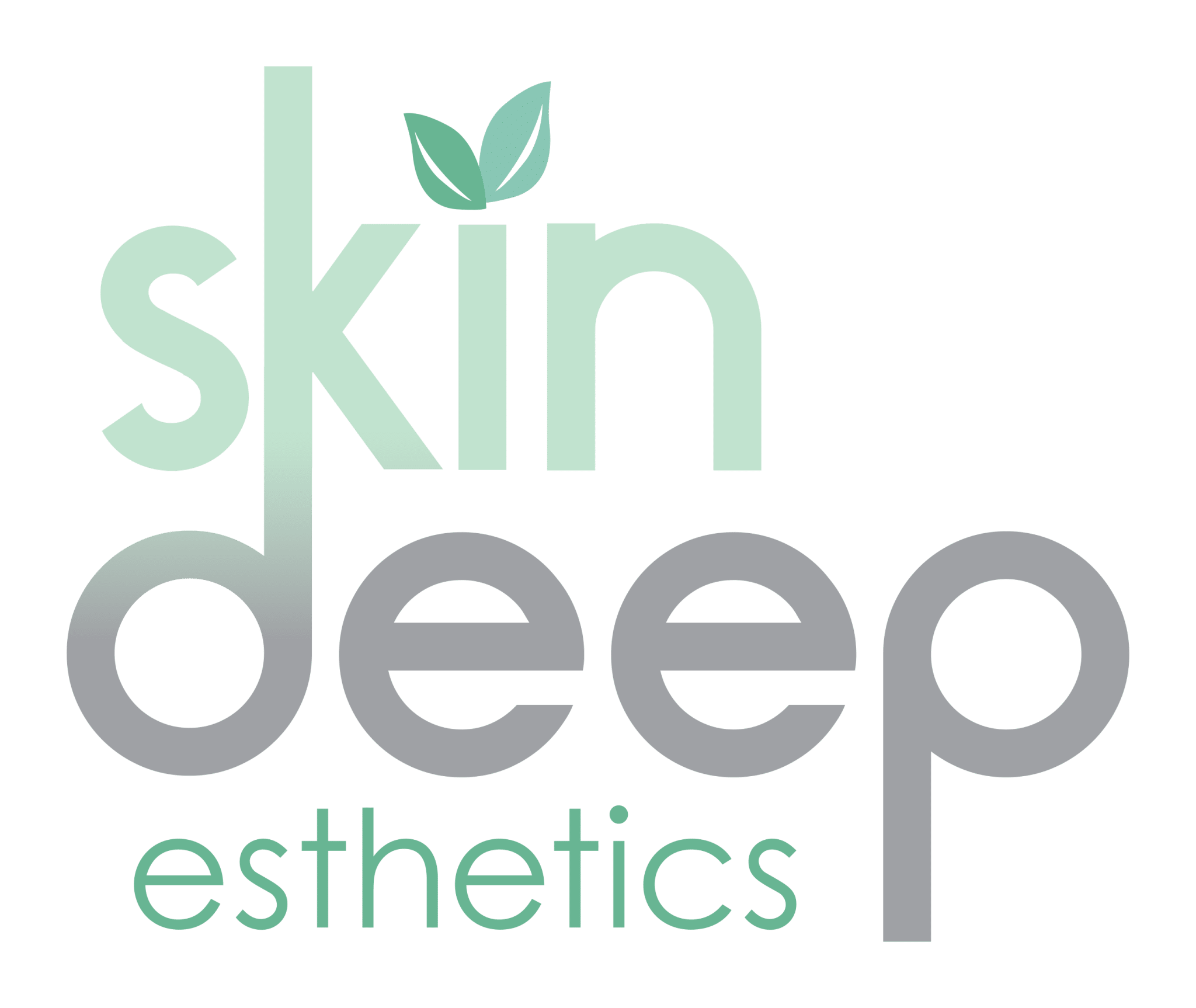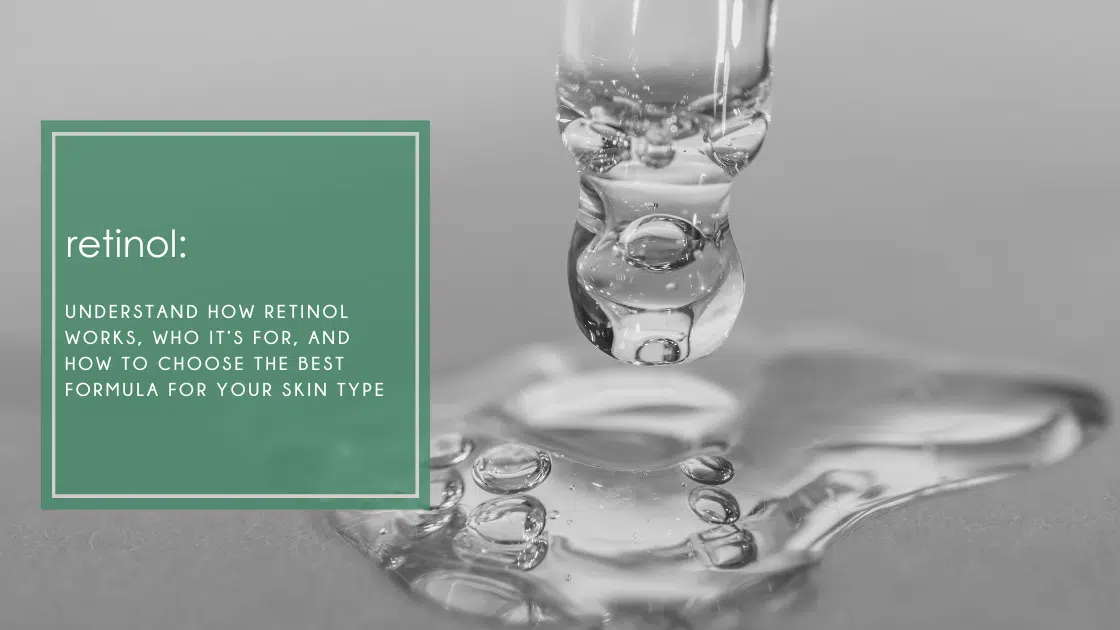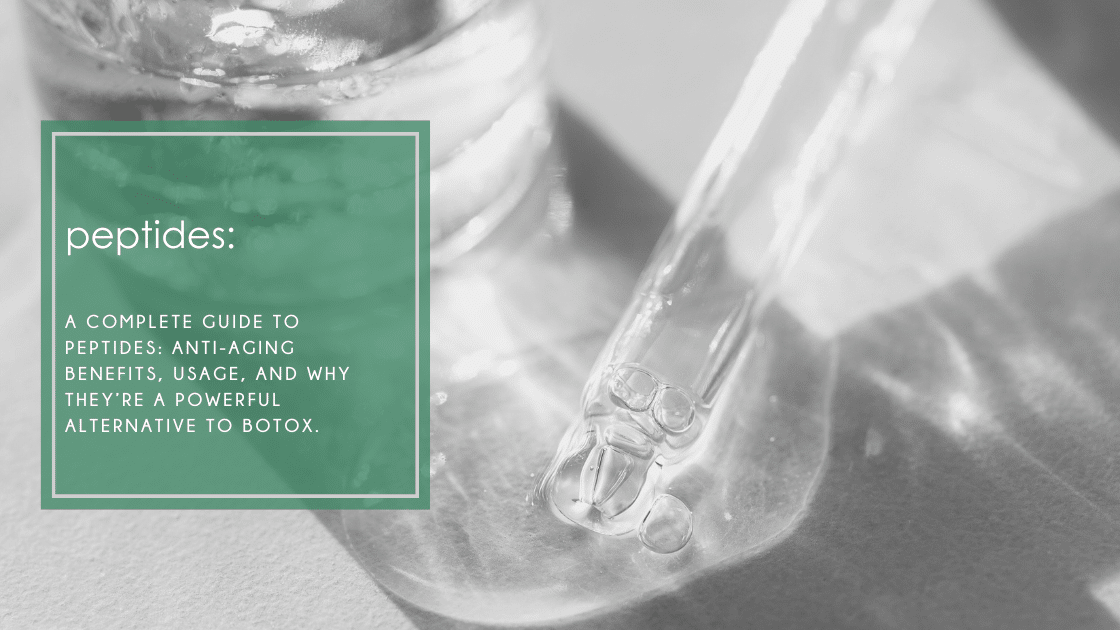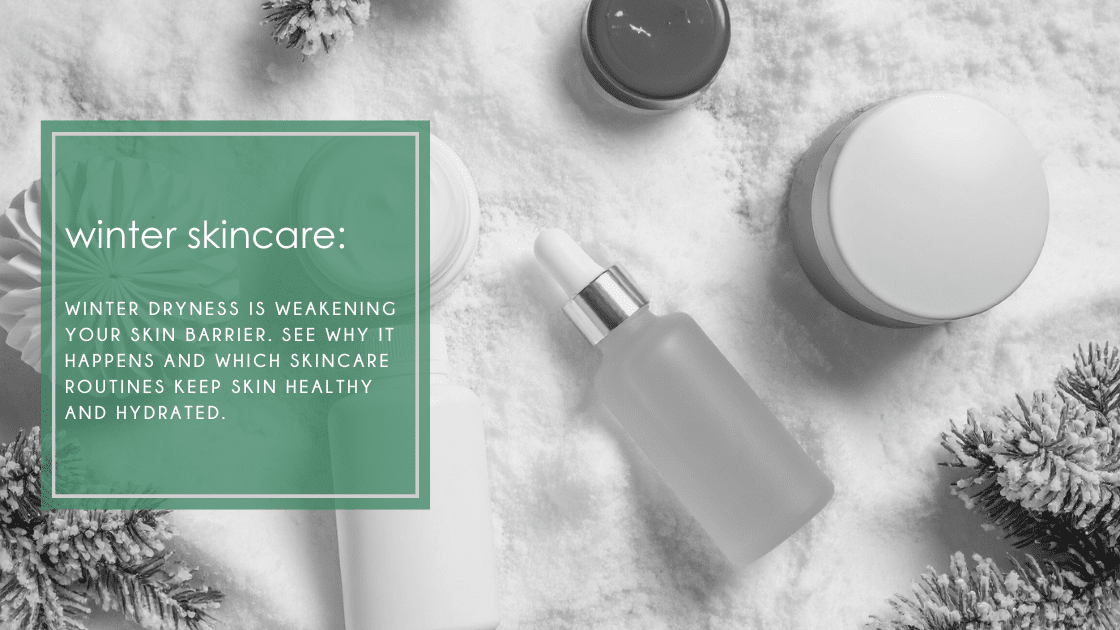Retinol: Benefits, Myths, and Tips
Everything You Need to Know Before Adding Retinol to Your Routine
Retinol is everywhere! Whether you scroll through social media or chat with a friend, chances are someone is telling you, “You need retinol!” But what does it really do? day, we’re answering your top questions: does it work, how to choose the right one, and who it’s best for. Let’s explore why retinol is a true game-changer for your skincare routine.
What is Retinol?
Used in skincare to treat aging, acne, and scarring. It works by increasing cell turnover and stimulating collagen. Retinol is best used in a serum form. Science Direct defines it, “Retinol (vitamin A) is a highly potent, active cosmetic ingredient for skin care. In particular, the material is quite useful as an anti-aging treatment. Retinol is a member of the class of skin care actives known as retinoids.” Think of it as your skincare personal trainer, pushing your cells to renew, rebuild, and reveal smoother, clearer skin! Retinol is famous for reducing wrinkles, acne scarring, and even skin tone.
How Does It Work?
RFibroblast cells are key to collagen production and the primary component of connective tissue. As we age, fibroblast cells weaken and begin to break down due to aging and sun damage. Thus, collagen production slows down, causing wrinkles and loss of elasticity. This contributes to thinner skin post-menopause. As we age, collagen production reduces by 1% a year. Adding retinol to your skincare routine will keep the collagen strong and slow down signs of aging.
Retinol creates micropeeling of the skin, which increases cell turnover. As we age, cell turnover slows down, but using increases cell turnover. However, if you are new to using this serum, we suggest you ease into usage to prevent peeling, flaking, skin irritation, or redness.
What Are the Side Effects?
When Retinol is used incorrectly, it has side effects, such as dry skin, flaking, burning, redness, and irritated skin. When we start our clients out, we have them add it in 2x a week for about 3-4 weeks. We then check in to see how their skin is doing. We will increase to 3x a week. Gradually increase until you are using seven nights a week as your skin adapts.
When Should I Use It?
Retinol is best used at night because when we sleep, our skin repairs itself. It does cause sun sensitivity, so always follow with moisturizer and SPF, especially if you’re using it regularly, and try to limit your time in the sun.
Is Retinol a Vitamin A or C?
Retinol is derived from an active form of Vitamin A. Vitamin A in the skin works by increasing cell turnover and collagen to improve wrinkles, acne scarring, and dark spots. On the other hand, vitamin C is an antioxidant that protects the skin from damage and helps to brighten the skin.
Is Vitamin A Retinol Good for the Skin?
Yes, when used correctly. Retinol increases cell turnover and increases collagen production. Here are some benefits:
Improves skin texture: Speeds up cell turnover for smoother, softer skin
Lightens dark spots: Fades discoloration and post-acne marks
Reduces wrinkles: Boosts collagen for firmer, youthful skin
How Do I Choose a Retinol?
Not all retinol is created equal. There are many variations. Tretinoin is one of the most common forms used. Studies show that tretinoin used at low percentages helps with sun-damaged skin and increases collagen to fight wrinkles. It is also known as a retinoid, and its variations such as retinyl esters, retinaldehyde, and retinoic acid. These are categorized under the same name for formulation and marketing purposes. However, these variations act differently in the skin, which is why you need to know which one is best for your skin.
Retinyl palmitate and other forms of Vitamin A are less effective than tretinoin and retinaldehyde. The body converts these into retinoic acid. The good news is that our body utilizes retinoic acid to stimulate fibroblast cells. Many consumers buy based on the label stating it helps with wrinkles. Most over-the-counter products contain variations such as retinyl palmitate, retinyl acetate, and retinyl linoleate. These forms are not as effective and do very little for the skin.
Which Type is the Best?
As you can see, there are many forms. Besides the variations, the difference between prescription, professional, and over-the-counter topicals is important to know.
- Prescription tretinoin, prescribed by a dermatologist, is a stronger form. However, that doesn’t mean you’ll get better results. Unfortunately, starting with a prescription-strength product has side effects, and you may not be happy with the outcome.
- Professional strength can be found in a spa or salon and used by estheticians. Professional types tend to be retinoids, retinaldehyde, or retinoic acid. Estheticians can use higher active ingredients that are effective and deliver results without the downtime of prescription-strength tretinoin.
- Store-bought is typically a blend of retinyl palmitate, retinyl acetate, and retinyl linoleate, which aren’t as effective on the skin. It will take longer to use and see results, if any. There are small amounts of active retinol in store-bought products because consumers tend to overdo their skincare. Manufacturers know this and can only allow trace amounts as a protective measure for consumers.
If you’re trying to save money, we recommend professional-grade products because you’ll see results quickly without the downtime from prescription-strength products.
What are the Best Options for Sensitive Skin?
When it comes to sensitive skin, we don’t like to start with a retinol. If your skin barrier is healthy and hydrated, and you don’t react to skincare products, slowly easing into this ingredient will benefit your skin. Some blends are combined with hydrating and calming ingredients, such as niacinamide and hyaluronic acid. These ingredients support the skin’s hydration levels, while cell turnover increases. We have a great serum blend that clients love and doesn’t cause skin irritation.
Retinol and Acne?
Retinol is great for acne, especially at low doses. It helps prevent clogged pores; however, it does penetrate the dermis, which means the skin goes through a period of purging. During this period, which is about 4-6 weeks, you may notice an increase in acne. After this purge period, your skin will begin to clear up. It will also help reduce post-acne redness and scarring. Retinol is ideal for acne scarring because it targets fibroblast cells. Damage to fibroblast cells and collagen is responsible for acne scarring. Pairing with a peel series and/or microneedling reduces the appearance of acne scars.
Retinol Alternative
If you’re not sure or have not been happy with the results, there is a great alternative, called Bakuchiol. Bakuchiol has been used for centuries in India and Traditional Chinese Medicine because it comes from a plant. In our previous blog, we shared, “This powerful antioxidant boasts antimicrobial, anti-inflammatory, and antibacterial properties that make it ideal for treating various skin concerns. Not only does bakuchiol stimulate collagen-producing fibroblast cells, but it also helps to fight aging, treat acne, calm rosacea, and reduce skin inflammation.” Bakuchiol is one of our favorite ingredients because it is great for all skin types, delivers incredible results, and there’s no skin irritation or downtime. We prefer bakuchiol over retinol for many clients. Check out our favorite serum.
Ready to Get Started?
If you want to get started using a professional-grade retinol or bakuchiol that won’t irritate your skin, please visit our website to shop for skincare.
Got questions? Drop them in the comments below.




